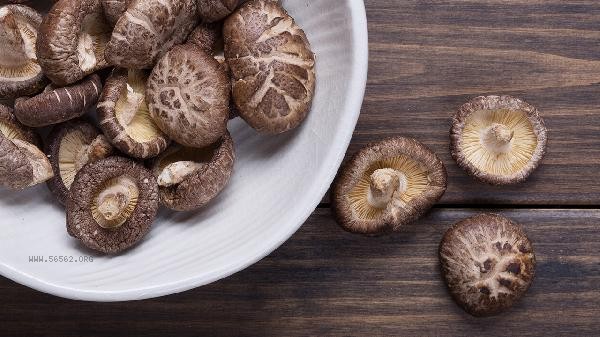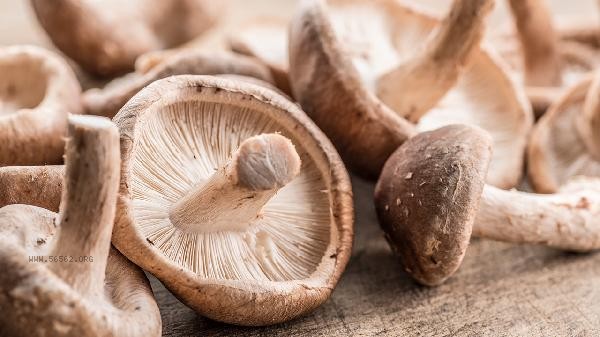Mushrooms are rich in various nutrients, mainly including high-quality protein, dietary fiber, B vitamins, minerals, and active polysaccharides. Mushrooms are low-fat and high protein edible mushrooms. Their protein contains essential amino acids for the human body, dietary fiber helps promote gastrointestinal peristalsis, B vitamins participate in energy metabolism, minerals such as potassium and selenium play important roles in regulating blood pressure and antioxidation, and active polysaccharides have immune regulatory functions.

1. High quality protein
Mushrooms contain abundant high-quality protein, which exceeds the protein content of most vegetables and contains 8 essential amino acids needed by the human body. These amino acids play a crucial role in maintaining tissue repair, enzyme synthesis, and immune function, making them particularly suitable for vegetarians to supplement protein. Mushroom protein has a high digestion and absorption rate and can be used as an alternative source of animal protein.
2. Dietary fiber
Each 100 grams of dried shiitake mushrooms contains about 30 grams of dietary fiber, mainly insoluble fiber. This type of fiber can increase satiety, delay sugar absorption, and help control blood sugar levels. At the same time, it can promote intestinal peristalsis and improve constipation problems. However, excessive consumption may cause gastrointestinal discomfort, and it is recommended to control the daily intake within 50 grams of fresh mushrooms.
3. B vitamins
Mushrooms are a good source of B vitamins, especially vitamin B2 and niacin. Vitamin B2 is involved in red blood cell production and energy metabolism, and deficiency may lead to angular inflammation. Niacin helps maintain skin and nervous system health. Dried shiitake mushrooms have a higher concentration of B vitamins and are suitable for daily dietary supplementation.

4. Minerals
Mushrooms are rich in minerals such as potassium, phosphorus, zinc, and selenium. The potassium content is twice that of bananas, which helps regulate electrolyte balance in the body. Selenium, as an antioxidant, can synergistically scavenge free radicals with vitamin E. However, individuals with abnormal kidney function should pay attention to controlling their intake to avoid the risk of hyperkalemia.
5. Active polysaccharides
Mushroom polysaccharides are its main active ingredients, which have enhanced immune cell activity and anti-tumor effects. Experimental studies have shown that these polysaccharides can stimulate macrophage and T cell proliferation, but their content in daily diet is limited and cannot replace drug therapy. Suggest utilizing its health benefits through regular consumption.

For daily consumption of shiitake mushrooms, it is recommended to choose fresh products with intact appearance and thick mushroom caps, or dry products without added preservatives. When soaking dried shiitake mushrooms, soaking them in warm water at 20-30 ℃ for 2 hours can maximize the retention of nutrients. Cooking with vegetables and fruits rich in vitamin C can increase the absorption rate of iron. Gout patients should control their intake and avoid excessive purine intake. It is advisable to consume 50-100 grams of fresh mushrooms 3-4 times a week, with a diverse range of mushroom types for rotation, which is more in line with the principle of dietary balance.








Comments (0)
Leave a Comment
No comments yet
Be the first to share your thoughts!